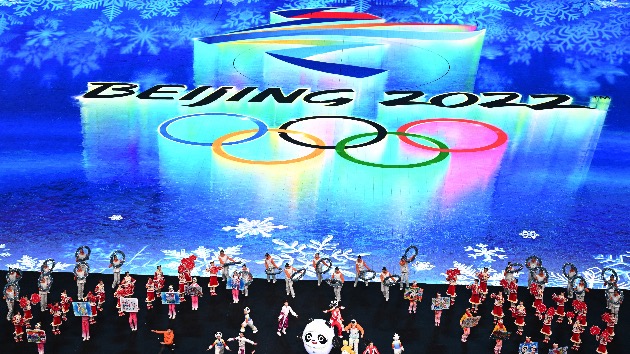Why Russia Has Been Missing From the Olympics
Photo Courtesy of WJBD
February 24, 2022
Viewers of the 2022 Olympic Games might be surprised at the complete absence of Russia.
There is a long tradition of Olympic excellence in Russia. The Soviet Union holds a respectable second place for all time medals in the Winter Olympics despite having been non-existent for the past thirty years. In the 2014 Winter Olympics, held in the Russian city of Sochi, the Russian Olympic Team finished with the most gold medals and the most medals overall.
However, Russia is banned from the 2022 Olympic Games as punishment for participation in doping. A whistleblower revealed that Russian governmental agents were exchanging urine samples given by athletes using performance enhancing drugs at night through a hole in the wall. In 2018, certain athletes were banned from participating in the Winter Olympics in Pyeongchang as a result of this cheating while others competed under the title of ‘Olympic Athletes of Russia’.
After further evidence of wrongdoing came to light, the International Olympic Committee prohibited Russia from competing in the 2020 Summer Olympics and the 2022 Winter Olympics. The ban initially extended to the 2024 Summer Olympics, but this segment of the ban was later overturned.
Athletes from Russia are not allowed to represent their home country, but if they are not linked to the cheating scandal, they can participate as members of the Russian Olympic Committee. The flag of the Russian Olympic Committee features the five Olympic Rings that form the Olympic logo and red, white, and blue stripes, which make up the flag of Russia. The punishment also forbids Russian government officials from attending the Olympics, although Russian President Vladimir Putin was able to watch the opening ceremony at the invitation of Chinese President Xi Jinping.
Despite the absence of the Russian Team in the 2022 Olympics, Russia has found itself again in a cheating scandal. After leading the Russian Olympic Committee to a first place finish in figure skating, Kamila Valieva tested positive for trimetazidine, a drug banned by the World Anti-Doping Agency. The Court of Arbitration for Sport determined that Valieva could continue to participate in the Olympics, but an investigation is ongoing, and Valieva could be stripped of her medals in the future. Though Valieva denies wrongdoing, the episode again brought the issue of Olympic cheating by Team Russia into the public eye. United States Olympic and Paralympic Committee CEO Sarah Hirshland claimed that the positive test shows “systemic and pervasive disregard for clean sport by Russia.”

